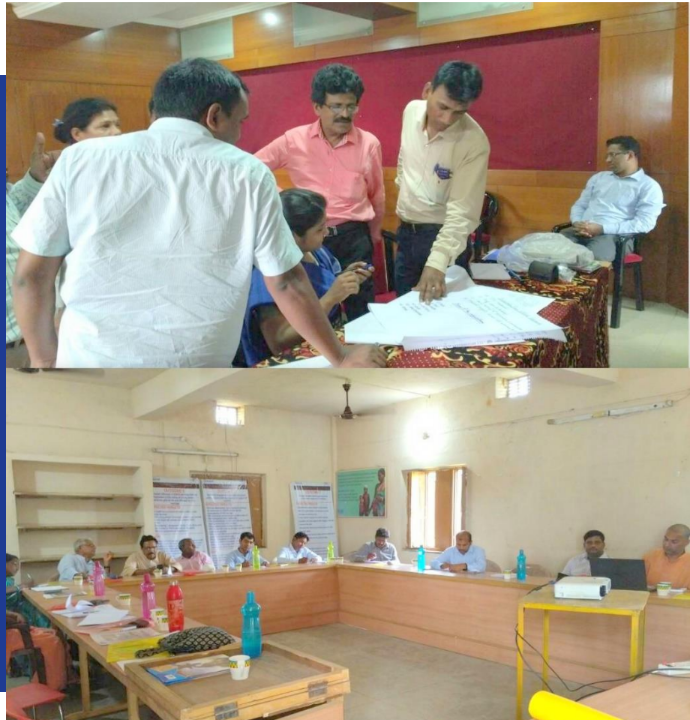
Background Context:
CSO members of the SRHR alliance, wished to undertake a vulnerability assessment to understand the status of child marriage, available Government, and civil society programs on child marriage; as well as assess internal organizational capacity to implement projects to address child marriage. Development Solutions enabled support to develop the framework and tools for the vulnerability assessment. Through participatory workshops, the capacity of CSO members was built, to gather quantitative and qualitative data to enables the vulnerability assessment. DS also supported with the data analysis and report writing.
Objectives
The objective of the End-line assessment was to assess the change in organizational capacity of 55 CSO’s/NGO’s, based on the perceptions of individuals from the organizations.
Approach and Methodology
The methodology followed was the same as the Baseline study. A mixed approach using quantitative data and qualitative information was used.
Sample
A total of 55 organizations were part of the end-line assessment 21 from Bihar, 22 from Jharkhand and 12 from Odisha. Of these 41 organizations were the same who were surveyed in the baseline assessment.
Impact
The insights could provided further directions for improved program effectiveness, enhanced service delivery, increased advocacy and awareness, greater sustainability of efforts, valuable data for future decision-making, knowledge sharing, and enhanced accountability among participating organizations.
